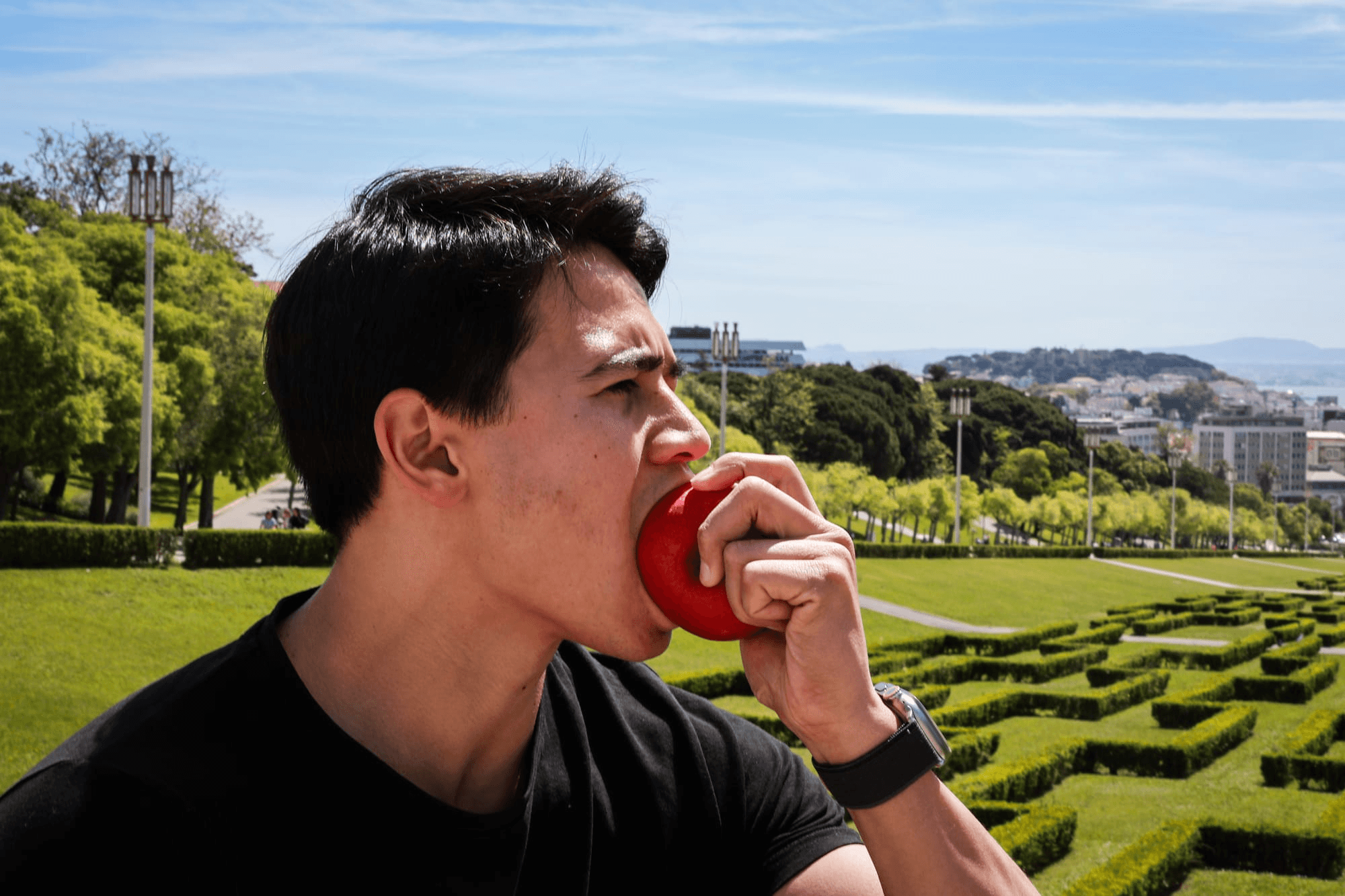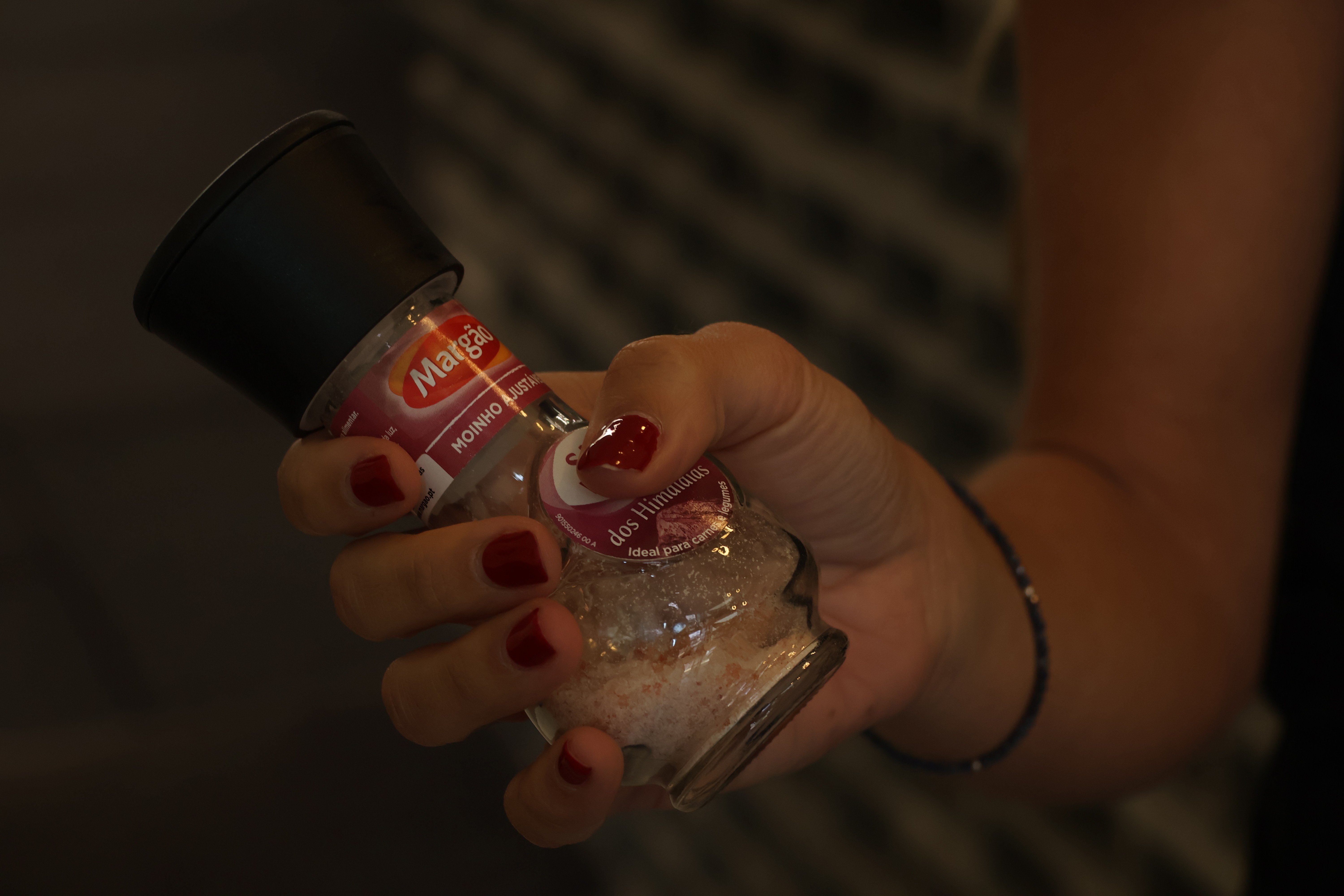3
min read
If there was a food you could imagine to be untouchable when it comes to health, it would be fruit: a source of fibre, rich in vitamins, low in calories and delicious – what’s not to like?
It would seem that more than a few people have lately been getting hysterical about the natural sugars in fruit, even going so far as to suggest a banana is a Mars bar in a yellow skin.
Clickbait headlines aside, many in the low carb, carnivore fan clubs are sharing that fruit sugars can increase our risk of type 2 diabetes and even fuel cancer growth, dismissing any health benefits by suggesting we don’t even need fibre or carbs.
Here’s the truth about fruit.
The sweet spot
While fruit is indeed a source of natural sugar, the average apple contains about 11g sugar and 50 calories, while the average banana has about 20g and 100 calories. Comparing that with a Mars bar, at 31g sugar and 225 calories doesn’t seem to be close to logical – besides, Mars contains way less vitamins, minerals and fibre.
So, fruit overall contains less sugar than cakes, biscuits, sweets and chocolate. Furthermore, fruit sugar (or fructose) is released into our bodies more slowly. Sure, once the sugar has been absorbed, it is treated like sugar from any other source. But meanwhile fruit will keep you satisfied with a reasonable portion, munching biscuits and gulping down soft drinks will probably have you consuming a higher amount of sugar.
Note that, if you drink a lot of fruit juice or smoothies then yes, you’re consuming much more absorbable, so-called free sugars and you might want to cut down. It’s easy to drink the juice of 10 oranges very quickly but very hard to eat the same 10 oranges when whole (that’s because when you process the fruit and transform it into juice, most of the fiber is eliminated).
Fruit is more than just sugar and water
It’s reductive to look at fruit purely from its contribution to our sugar intake. Fruits provide a source of fibre which can help us to feel fuller for longer and, in some cases, have prebiotic effects, helping to fuel the growth of our gut microbiome. Diets high in fruit and vegetables have been associated with a lower risk of cancer, cardiovascular disease and being overweight.
Here are some examples:
Orange fruits like mango, papaya and apricot provide beta carotene which can help support immune function
Bananas provide potassium, thiamin (a B vitamin) and vitamin B6, to support energy release from food and relieve tiredness
Berries and citrus fruits are packed with vitamin C which helps maintain skin and bone health
Red fruits like strawberries, raspberries, red apples and red grapes contain lycopene which may help reduce risk of cancer
Orange and yellow fruits like orange, banana, pineapple and peach provide cryptoxanthin, which can help reduce risk of cardiovascular disease
Green fruit like kiwi (as well as many green vegetables) provide a range of potentially anti-carcinogenic compounds
Blue and purple berries as well as plums, figs and raisins contain anthocyanins which have antioxidant activity that can reduce cellular ageing and may have anticoagulant benefits
There’s way more to fruit than sugar and calories, that’s why it’s so important for our health. Rest assured your apple snack isn’t the same as munching on a Mars bar and that type 2 diabetes or cancer will not creep on you for consuming fruit daily.
There is so much noise regarding nutrition, it can become really hard to understand what you should really focus on. We can make it easy for you – book a quick call with our certified team.













